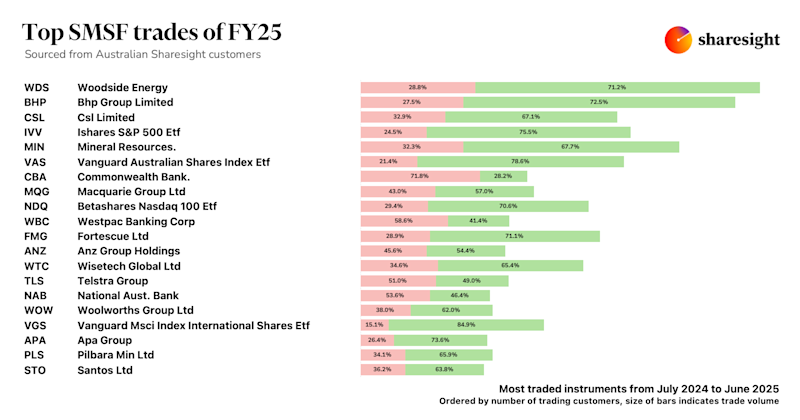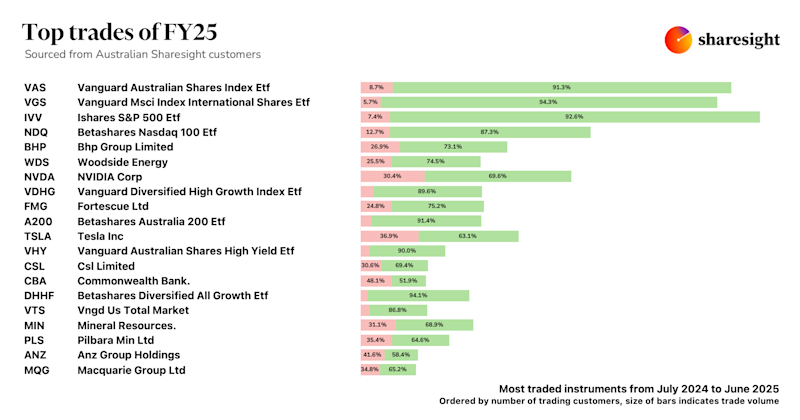Back to the future (Have we got too smart for our own good?)
I was brought up in an era when life in general, and in the world of finance in particular, was a lot simpler than it is now. Borrowing money was frowned upon. You worked and if you were frugal, you might save enough to buy a few non-essentials if not luxuries.
If we wanted something we saved for it. The idea that you could borrow and have things now, rather than having to wait, did not feature in our thinking. We didn’t know much about interest and we had no idea about compounding. But we did have this vague, uneasy feeling that if you paid interest you were heading down the wrong path and would be worse off in the long run.
But we didn’t have the benefit of the advice that Yuwa Hedrick-Wong gave us all a couple of days ago. He said:
The benefit offered to the consumer to acquire a short-term loan anytime and anywhere without any security coverage is not available on any other payment option except the credit card. The importance of the option for a consumer to borrow for short-term needs is more significant today as the global economy is heading into a period of constrained credit.
Yuwa Hedrick-Wong
(Maybe I should mention that Yuwa Hedrick-Wong is MasterCard’s economic adviser).
I’m getting that vague, uneasy feeling again. It is telling me that we need advice like this like a fish needs roller skates.
What we knew clearly in the good old days was that if you did need to borrow, the bank might not have funds available when you needed them. So relying on borrowed funds was a bad idea. Today we have MasterCard and all those collateralised debt obligations and credit default swaps designed to ensure that banks always have the capacity to lend. But I for one am not convinced this is a step in the right direction.
We used to have this outdated belief that if you did borrow money you had to pay it back – no ifs, no buts, no maybes. Today we have revolving credit facilities and interest-only loans so that repayment is no longer necessary. I’m not sure this is a step in the right direction either.
Of course it wasn’t all bad in the good old days. Some of us did save a bit and stock exchanges were set up to allow us to participate fully in the capitalist society. These exchanges were pretty simple – they allowed you to buy and sell shares in companies. Despite this clear, simple mandate we had this irrational fear that somehow these exchanges would morph into giant casinos. Some would say this fear has now been realised which suggests that stock exchanges may not be heading entirely in the right direction either.
I hasten to add however that you can invest in the share market in a way that avoids the casino element, gives you good returns and enables you to ride out the volatility. See why you should invest in the sharemarket.
As well as the stock markets, what if the wonderful new financial instruments that are now available for us to make money were available in the old days? We wouldn’t have understood them, that’s for sure. But we probably would have had this vague, uneasy feeling that they had been developed with little regard for the risks. Risks that are inherent not only the instruments themselves, but also in the mechanisms for trading them.
However if the actions of the current generation are any guide, we would have headed off in the wrong direction. We would have ignored the risks, brushed aside our lack of understanding and gone for these new financial instruments like rats up a drain pipe.
This information is not a recommendation nor a statement of opinion. You should consult an independent financial adviser before making any decisions with respect to your shares in relation to the information that is presented in this article.

Sharesight users' top 20 trades – June 2025
Welcome to the June 2025 edition of Sharesight’s monthly trading snapshot, where we look at the top buy and sell trades by Sharesight users in all markets.

Top SMSF trades by Australian Sharesight users in FY24/25
Welcome to our annual Australian financial year trading snapshot for SMSFs, where we dive into this year’s top trades by Sharesight users.

Top trades by Australian Sharesight users in FY24/25
Welcome to the FY24/25 edition of our Australian trading snapshot, where we dive into this financial year’s top trades by Sharesight users.